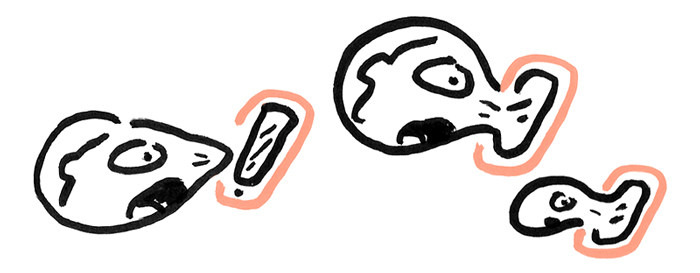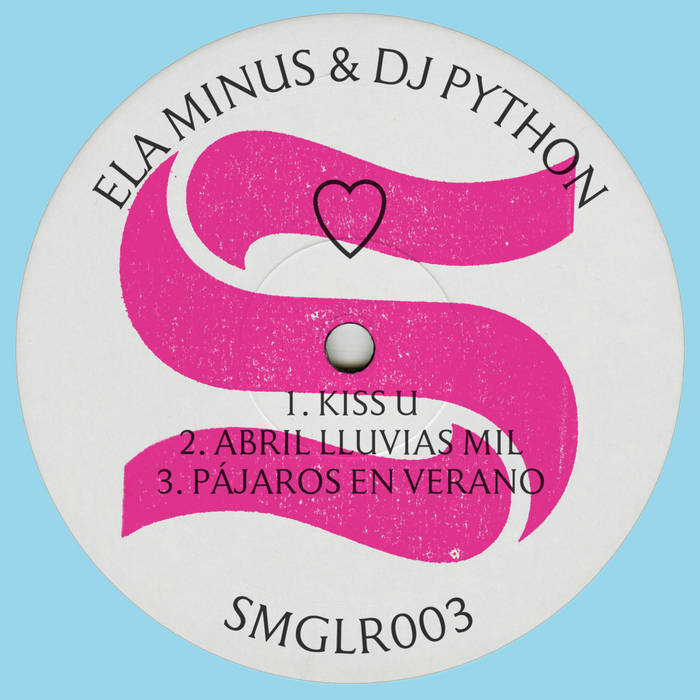Charli XCX leaves Twitter, calls to question the pressure of social media for musicians
Pop star Charli XCX has left Twitter. In an article recently published by The Guardian, it is noted that XCX chose to take a step back from the platform following a wave of negative tweets and criticism by fans concerning her choices regarding the rollout of her upcoming album, Crash. In a tweet announcing her departure from the platform, XCX expressed:
“I’ve noticed lately that a few people seem quite angry at me – for the choices of songs I’ve chosen to release, for the way I’ve decided to roll out my campaign, for the things I need to do to fund what will be the greatest tour I’ve ever done. I’ve been grappling with my mental health the past few months and obviously it makes negativity and criticism harder to handle.”
She has since handed the running of her Twitter account over to her team.
As noted by The Guardian article, XCX is not the only musician to face what they’re calling “digital burnout.” Other pop acts such as Billie Eilish have deleted Twitter on the grounds of mental health, while Sara Quin of Canadian pop duo Tegan & Sara notes that “Myspace or Facebook posts used to be an add-on but now it feels like making music is about making assets for social media.”
The current age of social media has demanded the constant online presence of musicians in an unprecedented way, something that is not usually expected of other artists such as actors. Because musicians are essentially promoting themselves, they have faced immense pressure to build and maintain an online following. Opening themselves up on massive platforms such as Twitter also opens the artist to receiving backlash, hate mail, and constant criticism from their fans and users of the app. This is compounded by the rapid pace at which social media trends change and evolve. Whereas Facebook and Twitter were the standard for some time, Instagram soon grew in popularity to take over and now apps like TikTok are becoming the most effective way to reach audience numbers.
TikTok in particular has been paramount in launching the careers of new acts like PinkPantheress and boosting the careers of previously lesser known artists in the vein of Cookie Kawaii. “Going viral” has become a surefire way to build an audience, and labels are putting pressure on artists to achieve this level of online fame. Speaking about her album 30, superstar Adele told Zane Loewe in an interview that her label had tried to encourage her to write a song that had the potential to go viral on TikTok and suggested she get on the app to appeal to younger demographics.
Artists like Tegan and Sara have been finding ways to regain some control over how they can connect with their fans while protecting themselves from online hate. They have launched a newsletter via Substack which fans can subscribe to for a fee, and which covers their creative process in detail. This is in opposition to the often vapid nature of promoting music on social media, and also combats what Quin refers to as “supplying more content for the food chain.”‘We like our words and our ideas and our stories have value’,” says Quin. “So much of what social media feels like is that we work for those companies, like Spotify, Instagram and Facebook, and don’t necessarily feel any benefit.”
Social media platforms, especially Twitter, have afforded artists a way to connect with fans like never before. But as the power of social media as a tool for promotion has grown and become recognised, so too have the opportunities for monetisation by labels and the pressure for artists to use these platforms as a part of their overall promotion strategy has skyrocketed. Sometimes, things can go sideways. In the case of artists such as Kanye West and Azealia Banks, social media has been a potentially dangerous platform where the artists have repeatedly made controversial statements and often toxic criticisms on a hugely public scale. The development of ‘cancel culture,’ a reaction to such behaviour by the general public where by they condemn any continued support of an artist, has made it even trickier to navigate how to present online. Perhaps XCX is on to something. In giving control of her Twitter to her PR team, she recognises that social media is effectively just another promotional tool, protecting herself and her fanbase from any potential downfall that may arise from its misuse.



